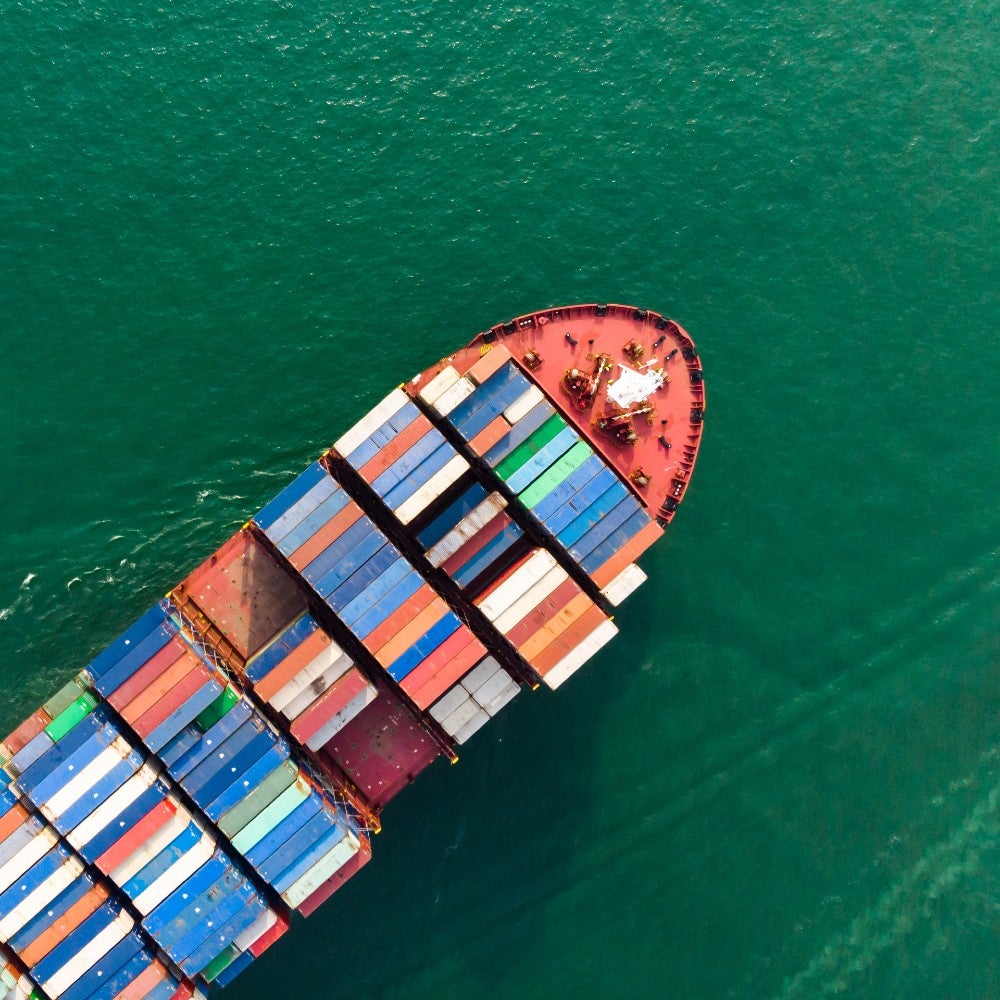After a tough start to the year, disruptions are expected to continue in the global container shipping industry, which could lead to Christmas shortages.
A Covid-19 outbreak in the Guangdong province in southern China is the latest headache to hit the industry, causing congestion at several of the region’s major ports. Due to this, shipments are being delayed, which is worsening already fragile global supply chains.
The industry has struggled to cope with the global spread of coronavirus and the measures taken to contain it has become highly disruptive to global supply chains. Travel restrictions and fluctuations in demand for products have truly tested the industry.
The situation was exacerbated in March 2021, when the Suez Canal was blocked for six days after the grounding of Ever Given, a 20,000 TEU container ship. These challenges could lead to shortages in the run-up to Christmas, say industry experts.
The Covid-19 outbreak is causing major disruptions
Over 150 cases of coronavirus have been reported in the Guangdong province, which has meant that major ports in the area, including Yantian, Shekou, Nansha and Chiwan experiencing issues and delays. These ports represent a crucial gateway for exports from the Pearl River Delta, a major centre of manufacturing and technology.
Since late May/early June, the ports have been operating at limited capacity due to social distancing restrictions aimed to reduce the spread of the virus. Over time this has led to congestion, which has led to huge ships waiting in line for berths to become available, with some being forced to turn away.
How well do you really know your competitors?
Access the most comprehensive Company Profiles on the market, powered by GlobalData. Save hours of research. Gain competitive edge.

Thank you!
Your download email will arrive shortly
Not ready to buy yet? Download a free sample
We are confident about the unique quality of our Company Profiles. However, we want you to make the most beneficial decision for your business, so we offer a free sample that you can download by submitting the below form
By GlobalDataThe latest blow hits an already fragile shipping industry
In 2020, the outbreak of the Covid-19 pandemic forced the shipping industry into disarray, which had a major impact on the trade of goods throughout the year. Approximately 80% of world goods trade by volume is carried by sea and China is home to seven of the world’s ten busiest container ports, according to the United Nations Conference on Trade and Development.
At the start of the pandemic, there was a significant decrease in the number of ships calling in at ports such as Shanghai and Yangshan, of which the former is the biggest port in the world, handling approximately 43.3m Twenty-Foot Equivalent Unit (TEU) in 2019. The number of port calls at Shanghai and Yangshang declined by 17% in January, compared to the same period in the previous year.
The slowdown witnessed in the early stages of the pandemic was followed by a surge in activity, as many customers stockpiled and ordered more consumer goods. This had a lasting impact throughout the year.
Suez Canal blockage has exacerbated problems
The giant Ever Given container ship that blocked the Suez Canal for nearly a week was finally on March 29, 2021. The prior day, at least 369 ships were queuing to pass through the canal, which prevented an estimated $9.6bn worth of trade.
Even when the Suez (one of the world’s busiest shipping lanes) reopened, the influx of the delayed vessels triggered congestion at major European hubs such as Rotterdam and Antwerp.
All of these factors have increased the prospect of a shortage of goods ahead of the Christmas shopping period, which spells bad news for retailers and consumers alike.









